However, it also found itself among a losing minority of four member states that voted against setting a new EU target to cut emissions 90% by 2040.
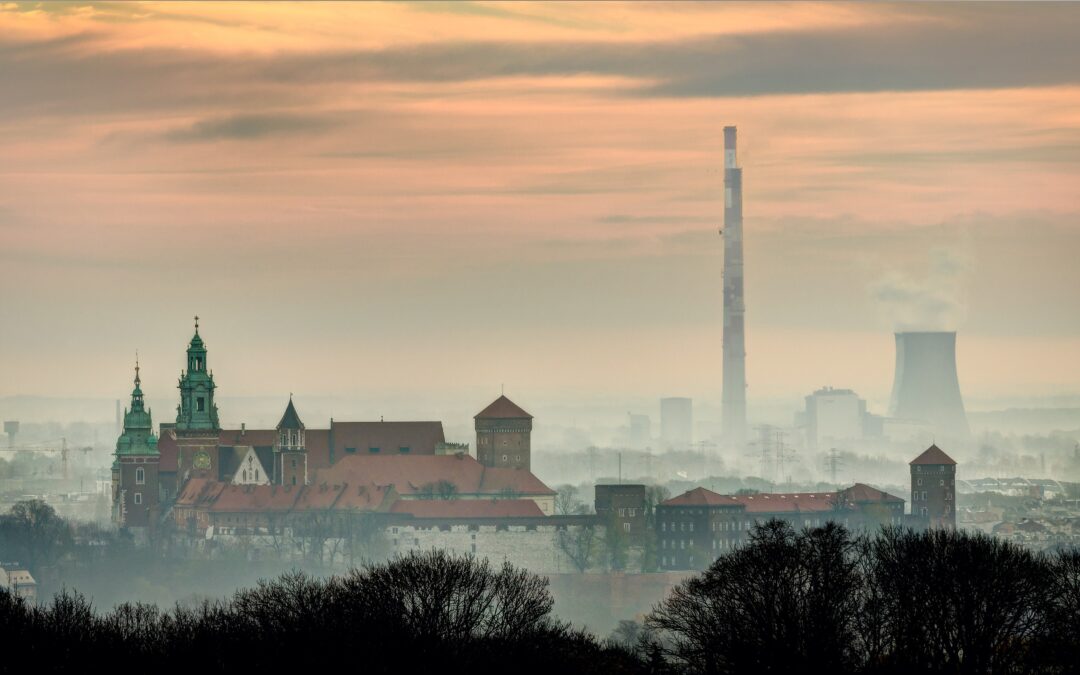

However, it also found itself among a losing minority of four member states that voted against setting a new EU target to cut emissions 90% by 2040.
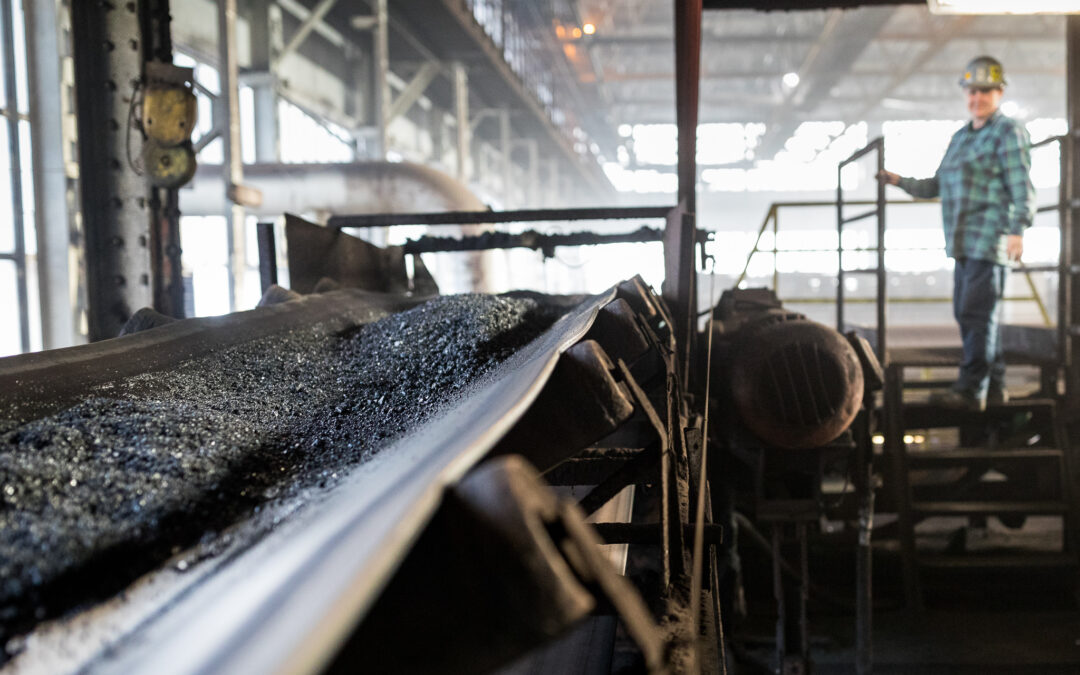
The proposed law will “pave the way for a just transition in mining regions”, says the energy minister.
We are an independent, nonprofit media outlet, funded through the support of our readers.
If you appreciate the work we do, please consider helping us to continue and expand it.

The combination of unseasonably warm weather followed by a freeze could cause yields to fall as much as 70%.
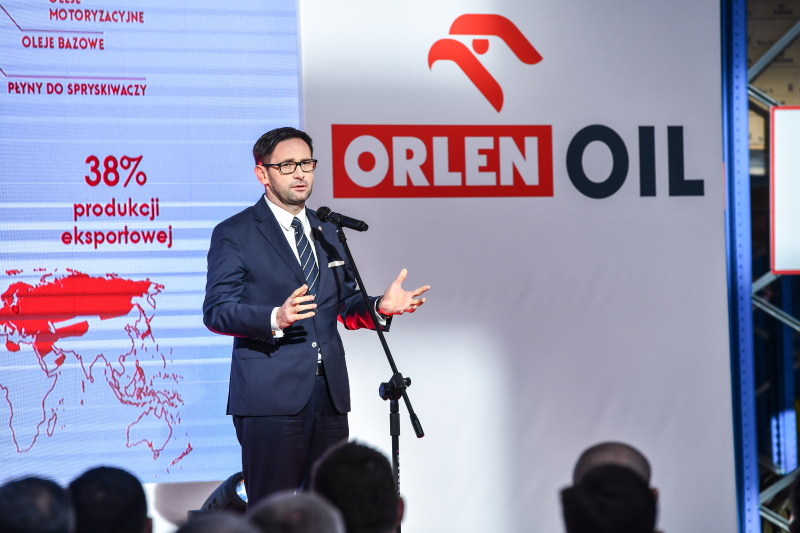
The firm says it has notified prosecutors regarding the actions of the former management in relation to the case.
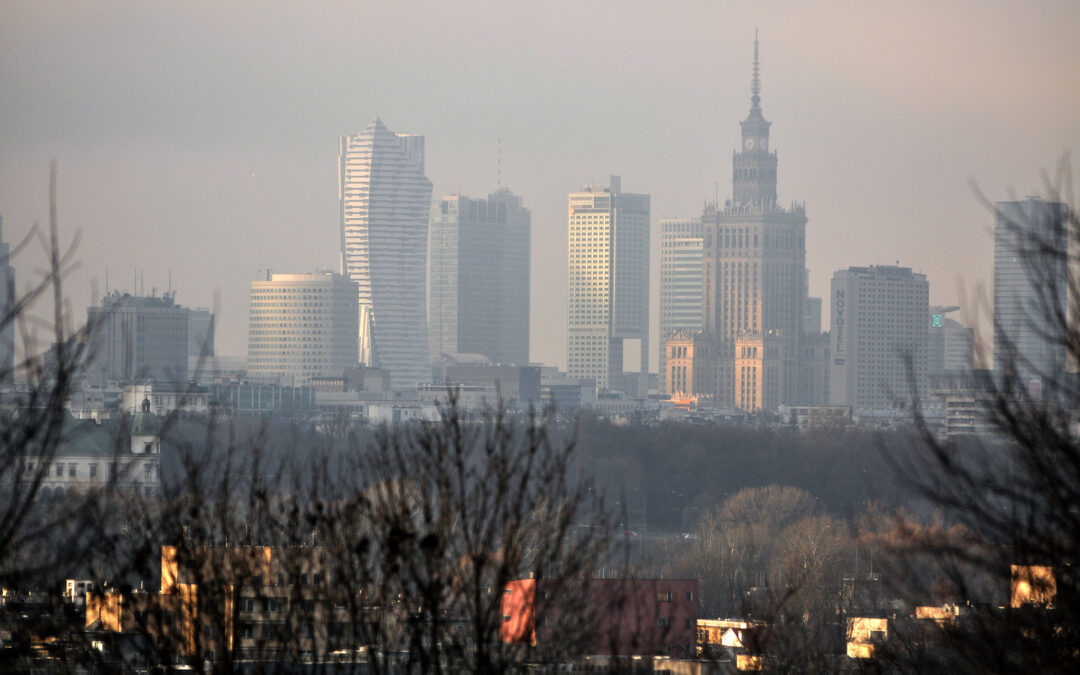
Poland’s “Clean Air” programme is supposed to be the largest of its kind in Europe.
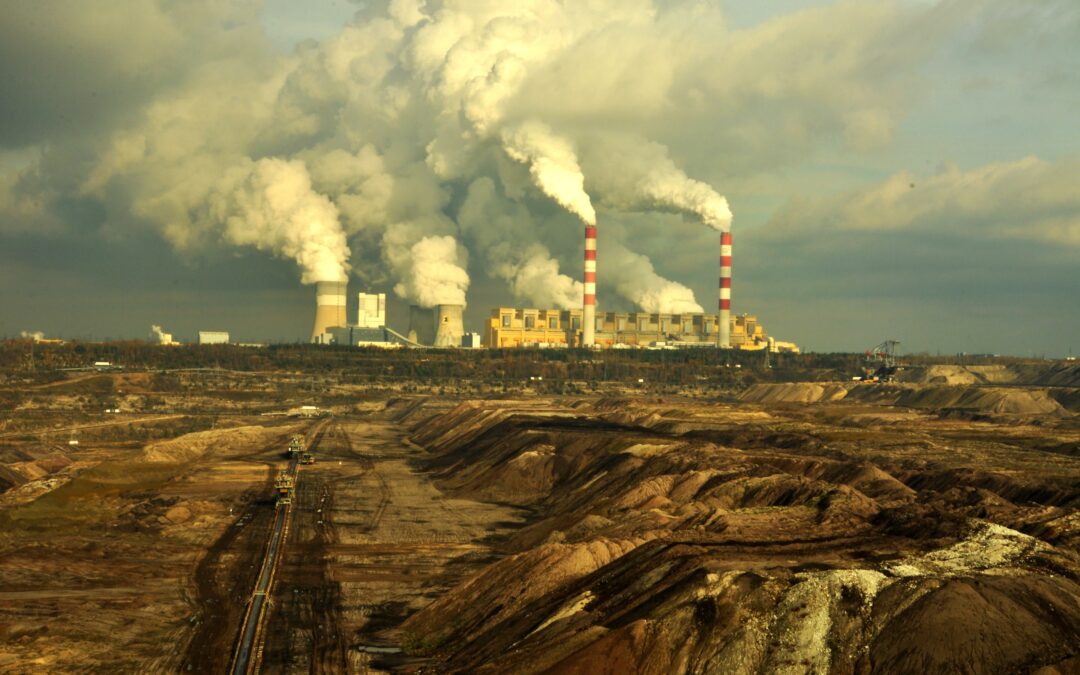
In terms of emissions per capita, Poland is fifth highest in the bloc.
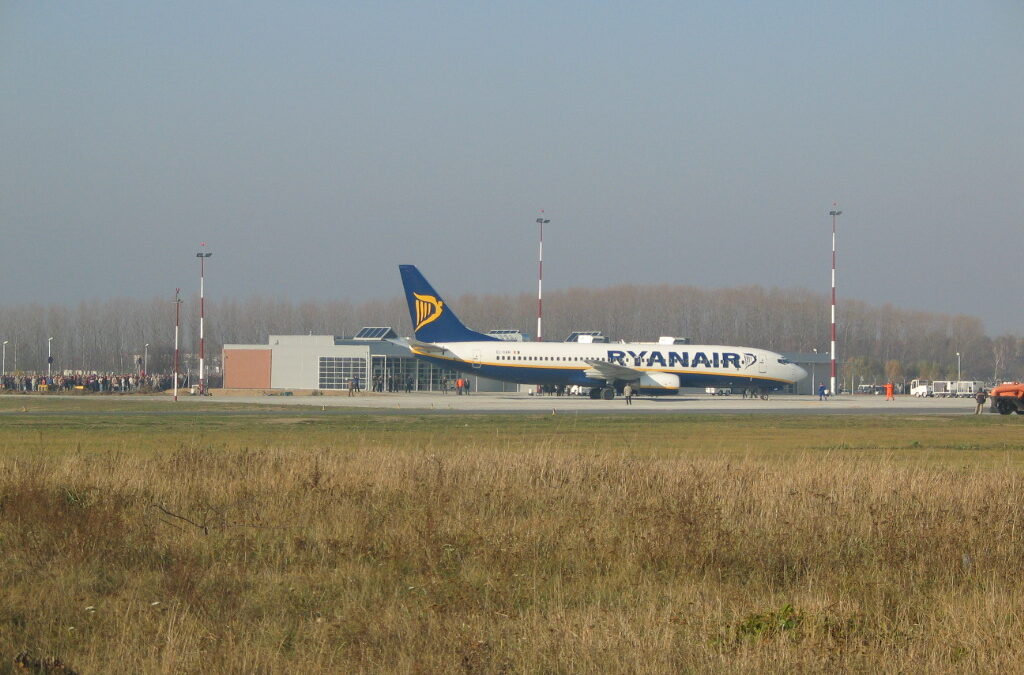
The plant will both power the airport itself as well as sell electricity commercially.
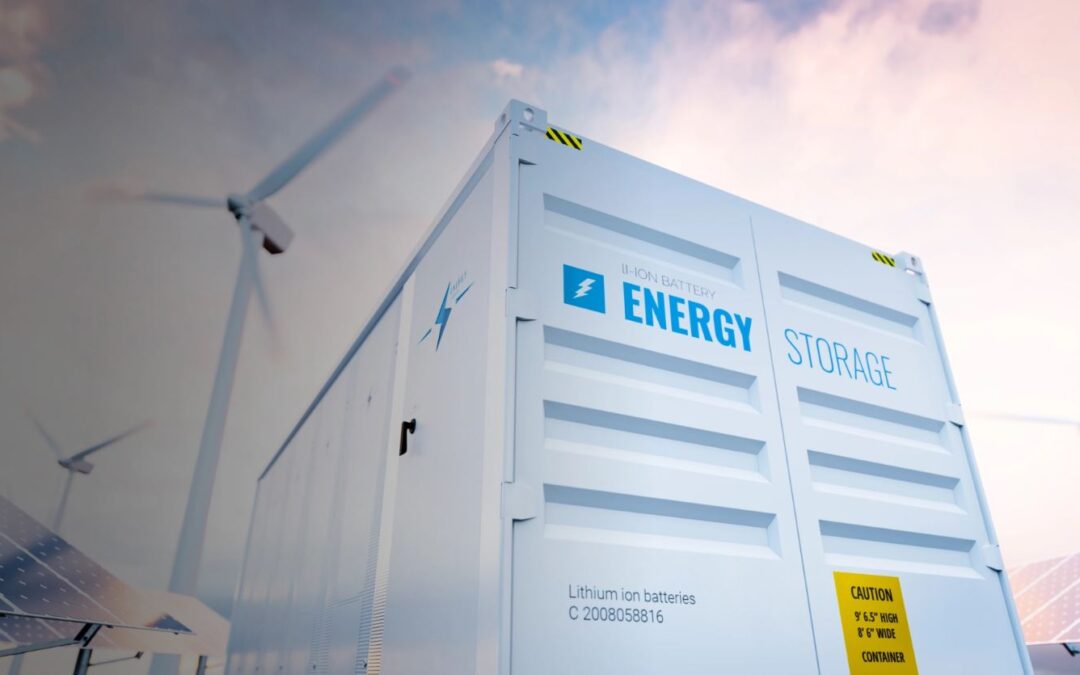
With a capacity of 133 MW, the project will be one of the biggest in Poland.

“Heart of the Garden” is a 200-year-old beech tree located in southwest Poland.
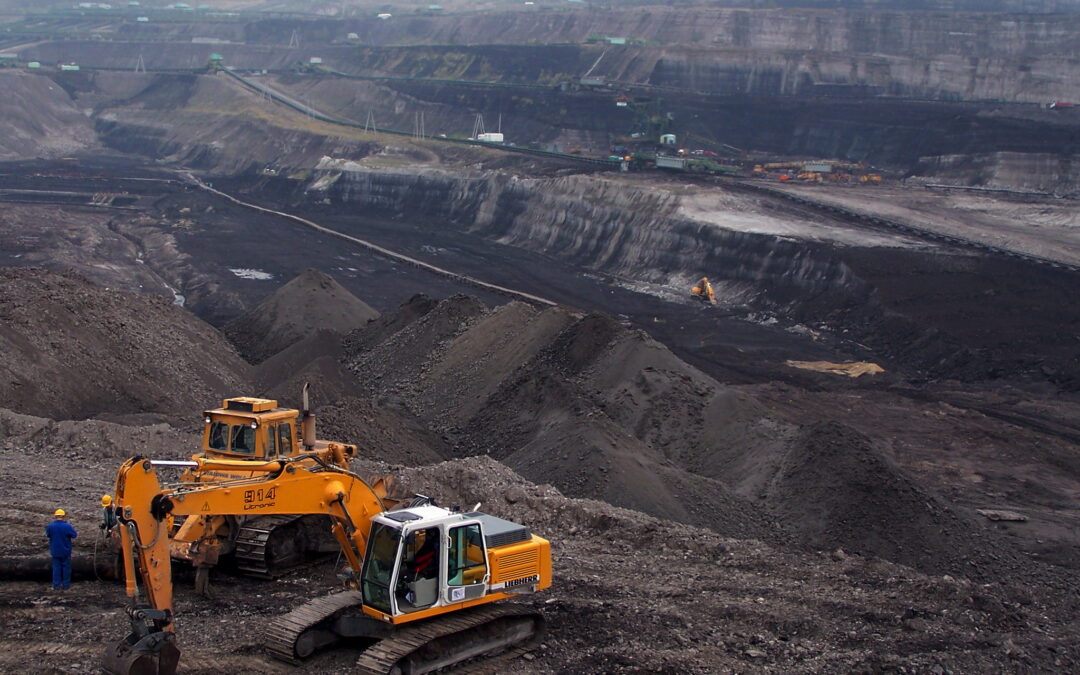
The permit was issued in violation of an agreement with the Czech Republic, on whose border the mine is located, found the court.
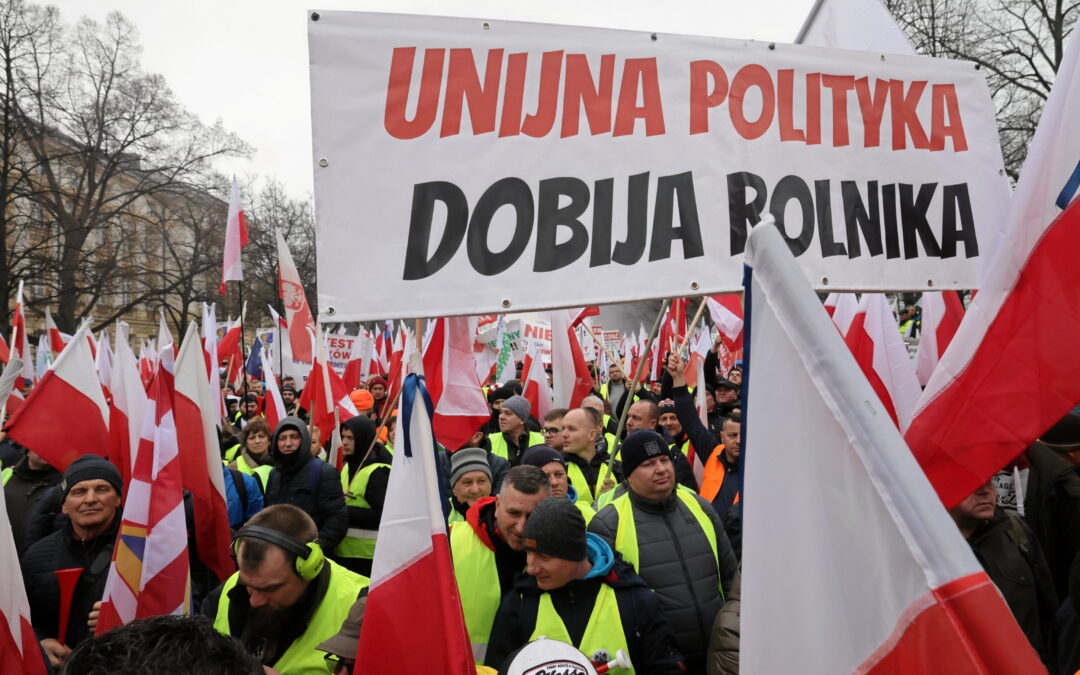
Demonstrators started fires in front of the prime minister’s office and some have thrown fireworks at police officers.

Tusk said Poland would also lobby for an embargo on agricultural products from Russia and Belarus.
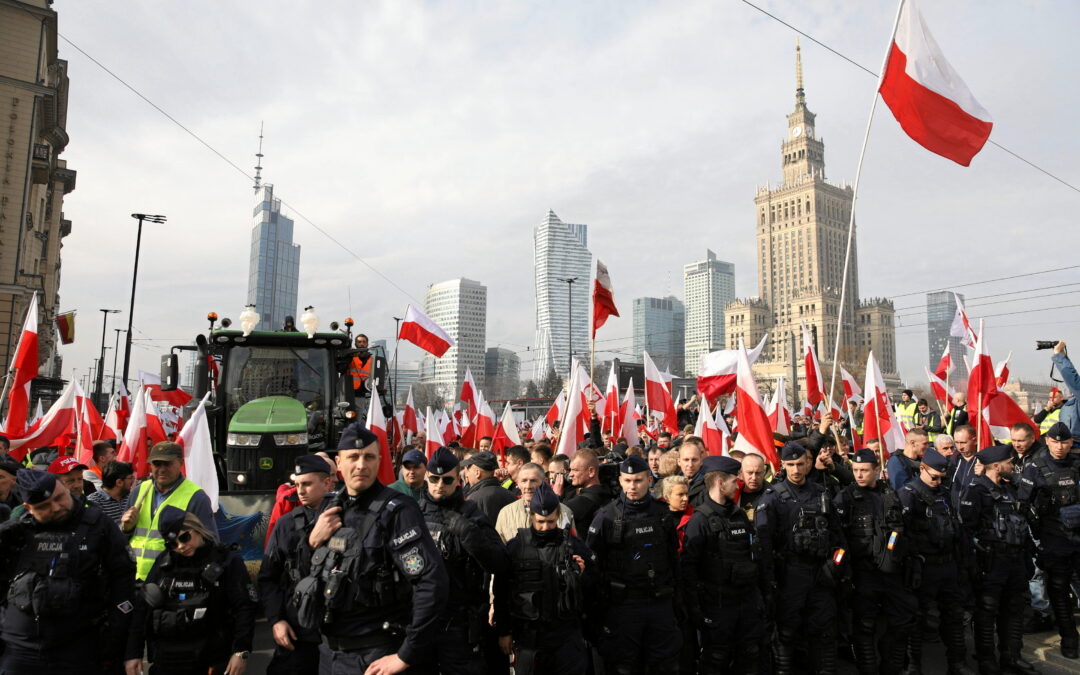
It was the largest demonstration so far during ongoing protests by farmers in Poland.
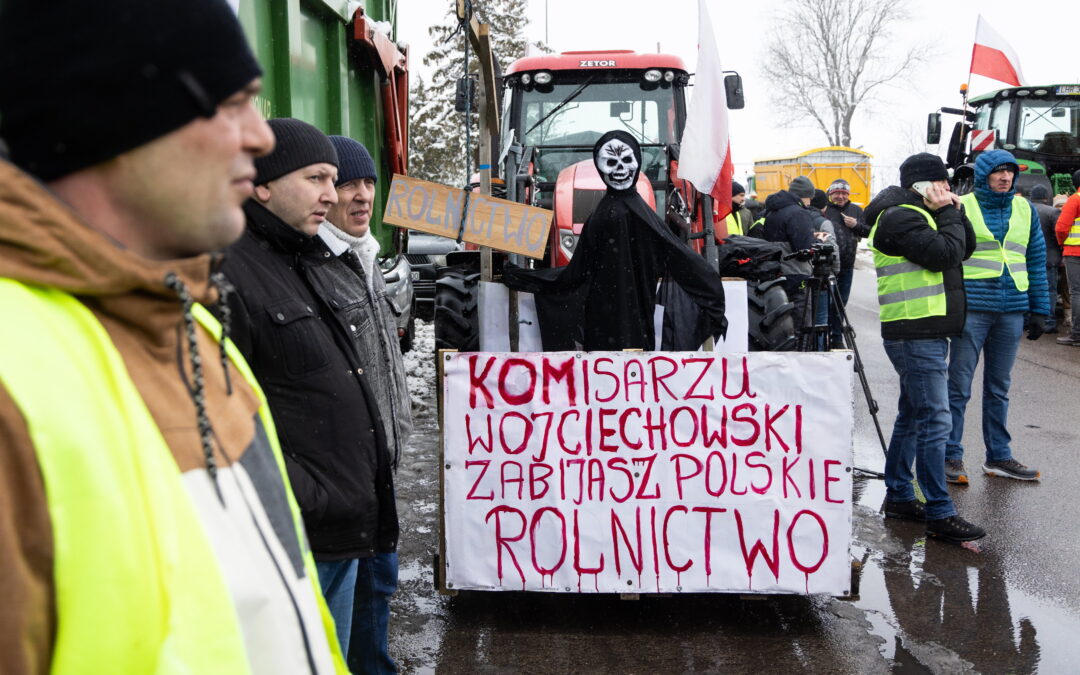
Sentiments among the protesting farmers, meanwhile, are mixed.